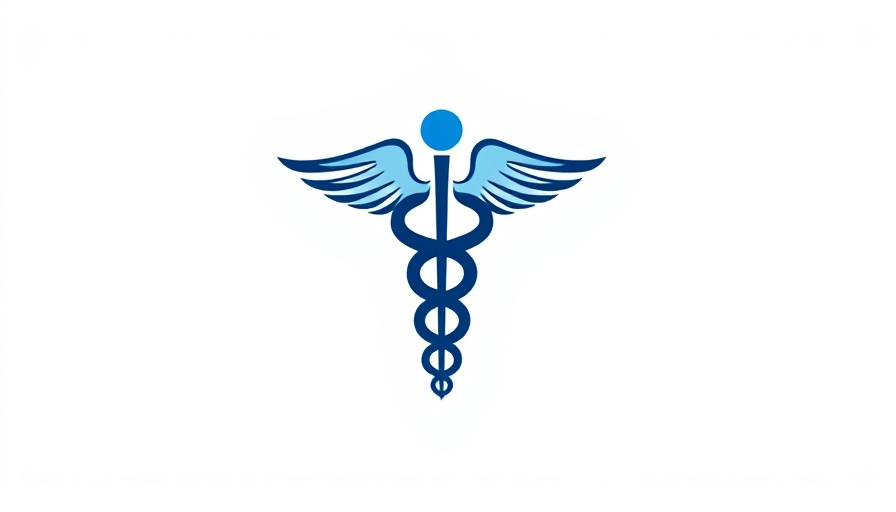
The Growing Trend of Pharmacy Closures
In recent years, the closure of retail pharmacies across the United States has been a significant trend, affecting local healthcare landscapes and patient access. A comprehensive study by Guadamuz et al. (2024) delves into this situation, highlighting that from 2010 to 2020, 29.4 percent of retail pharmacies shut down by the year 2021. This decline predominantly impacts Black and Latinx neighborhoods, where pharmacy closures are more pronounced compared to mostly White areas. Furthermore, independent pharmacies face a considerably higher risk of closure versus their chain-operated counterparts.
Implications for Concierge Medical Practices
For owners of concierge medical practices with ambitions to expand and enhance their services, these pharmacy closures present both challenges and opportunities. With fewer local pharmacies, patients might struggle to obtain prescriptions easily, making it critical for concierge practices to find alternative solutions. Collaborating directly with pharmacies that remain operational or offering in-house prescription services can set practices apart as patient-first institutions, thereby solidifying their standing in the community.
Future Predictions and Trends in Pharmaceutical Access
The trend of pharmacy closures is likely to persist, with demographic shifts and economic factors contributing to future changes. Concierge practices should anticipate such trends by investing in technology that facilitates online prescription management and delivery services. Embracing these innovations not only improves patient satisfaction but also positions practices as forward-thinking leaders in patient care.
The Importance of a Diverse Approach
While closures predominantly affect certain neighborhoods, the impact resonates across various communities, emphasizing the need for concierge practices to adopt a diverse, equitable approach to healthcare delivery. Practices that recognize and respond to the diverse needs of their patient base will thrive, offering personalized care strategies that resonate with patients and communities alike.
 Add Row
Add Row  Add
Add 






Write A Comment